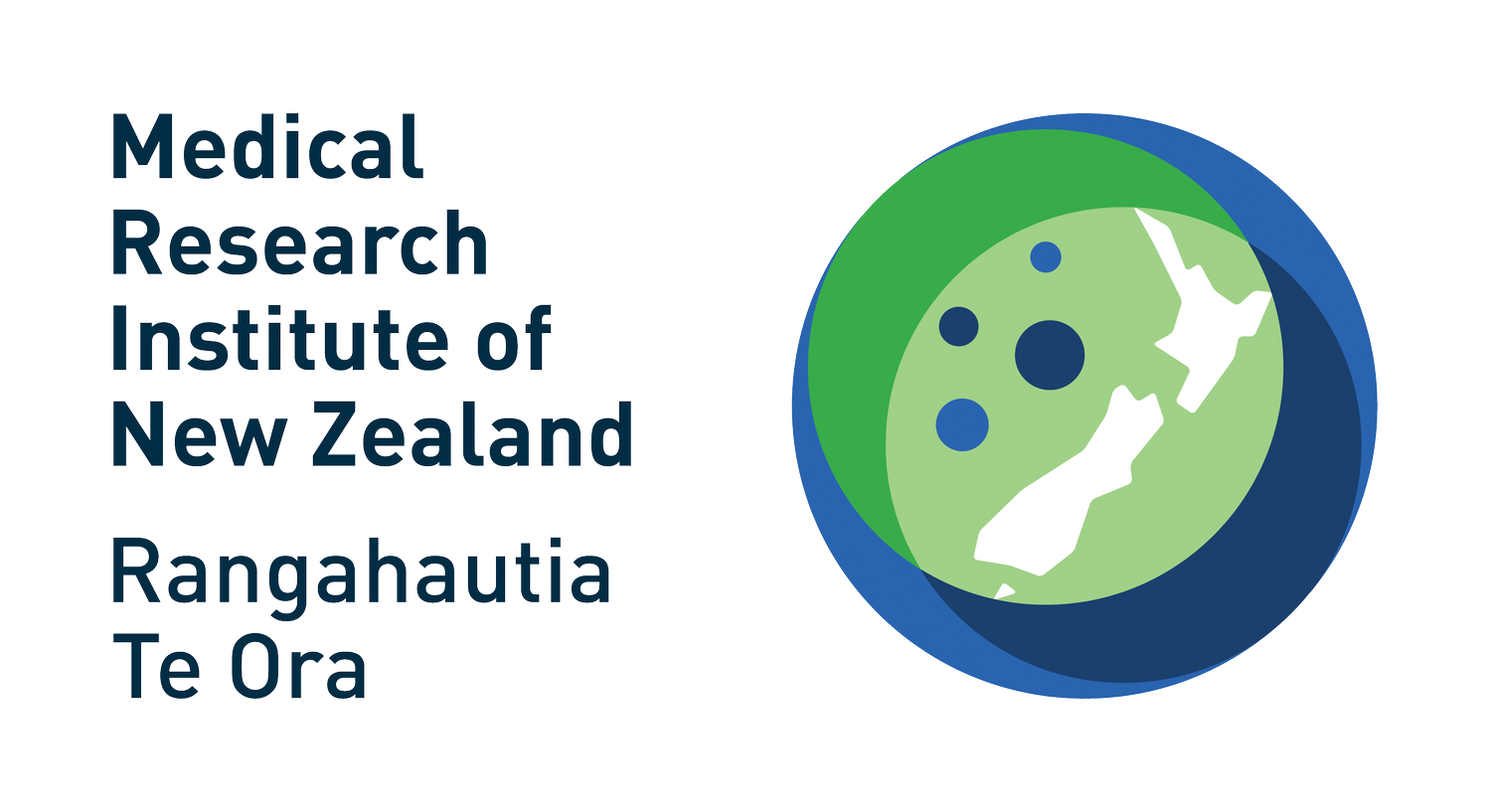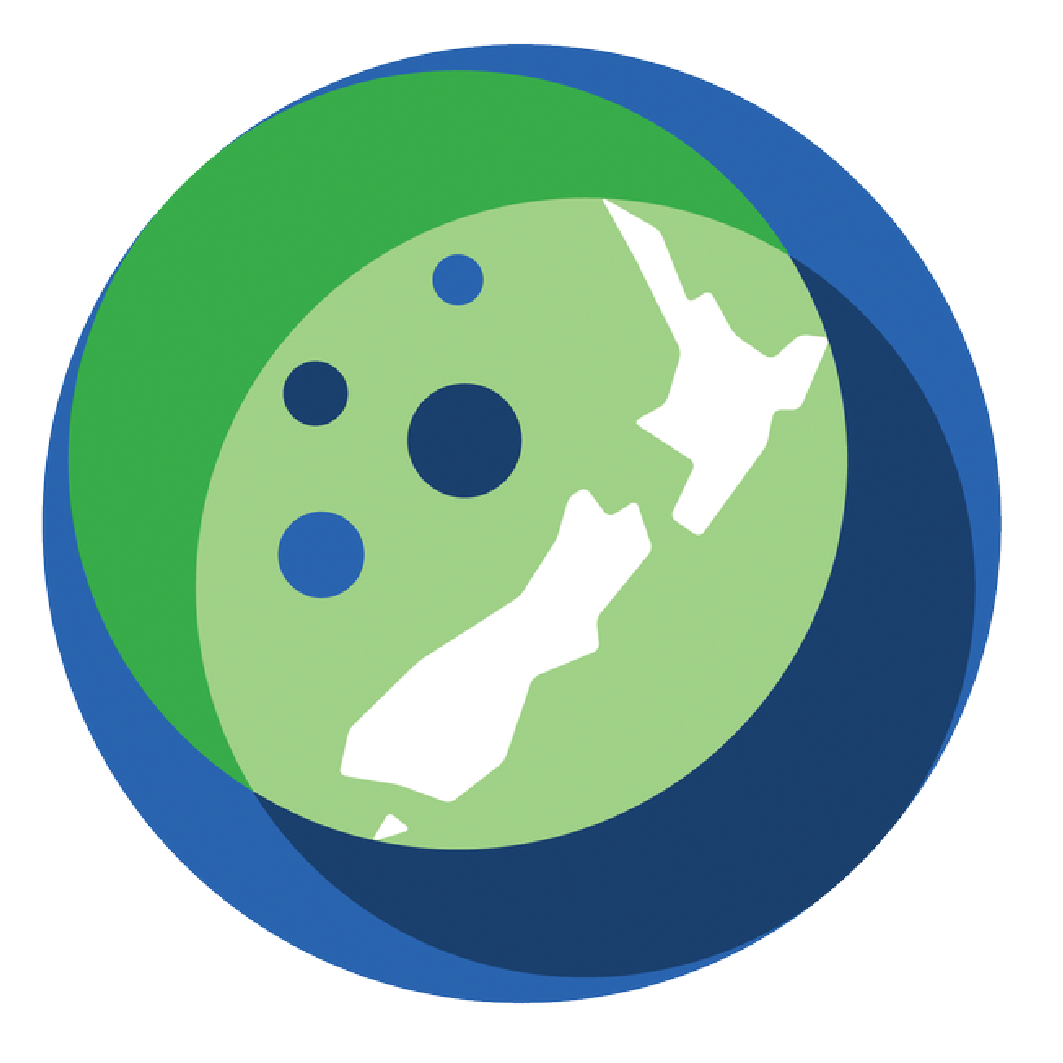The A1 Protein Free vs Conventional Milk Study:
A glass of cow’s milk contains approximately 3 grams of a protein called beta-casein. Beta-casein may be present in cow’s milk as one of two general types, A1 or A2, which differ slightly in structure. The difference effects how the protein is broken down by the body during digestion.
Conventional milk consumed in Aotearoa New Zealand mostly contains a mixture of both A1 and A2 types of beta-casein.
Some studies have shown that drinking milk containing the A1 type may increase inflammation of the gut and reduce the body’s ability to digest lactose (a type of sugar found in milk) leading to lactose intolerance symptoms in some people.
Therefore, people may experience fewer lactose intolerance symptoms from drinking A1 Protein Free milk (sold as a2 Milk ™) compared to conventional milk.
What is this study about?
The study is investigating how the body processes lactose after drinking two different types of cow’s milk. Participants will drink one glass of one type, and then drink a glass of the second type one week later.
After each glass of milk we will be studying the pharmacokinetics of lactose (how lactose moves through and out the body), and pharmacodynamics of lactose (what lactose does to the body). We will also be looking at symptoms of lactose intolerance after each glass of milk.
Who can take part?
To be eligible for this study, volunteers will need to be healthy adults aged 18-65 years.
We are looking for people who experience symptoms of lactose intolerance as well as people who do not.
Take the screening survey below to check whether you are likely to be eligible.
What is the duration of the study?
The duration of the study is just less than one month (26 days), which includes five in-person clinic visits.
What does it involve?
The study requires five in person visits at our study site over approximately 1 month. You will also be contacted twice for a short questionnaire by phone.
You will be asked to drink a 300mL glass of milk three times over the study: once at the first visit, another approximately 2 weeks after the first, and the last approximately 1 week later.
Other than the study doses, you will be asked to refrain from consuming milk and milk based products (including food made with things like milk, cheese and butter) for 19 days. We will provide you with dairy free alternative foods for this time.
You will be asked to give blood, urine, and stool (faecal) samples.
You will be asked to complete a series of short questionnaires about lactose
intolerance during your visits and on the phone.
We will be collecting information about you including medical history, and medications.
You do not have to pay anything to take part. Volunteers will be provided a $1300
reimbursement in recognition of the time taken, study restrictions, and possible travel expenses which are associated with taking part in the study.
Where does the study take place?
The study will take place at the Medical Research Institute of New Zealand offices at Level 7 of the CSB building in Wellington Hospital.
Enquire for more information
If you are interested in participating please follow the link and complete the short screening survey:
At the moment we are collecting interest, but we expect the study to run starting early April.
If you have any questions please email or phone Alex Martin directly:
Ethics: This study is approved by the New Zealand Health and Disability Ethics Comittee, (Northern B committee): 2024 EXP 21994
Funding: This study is funded by The A2 Milk Company Limited


